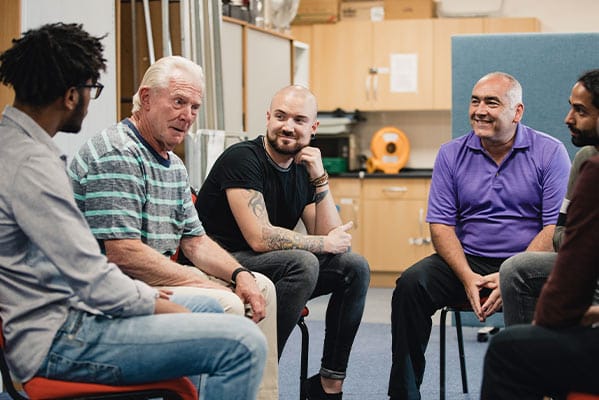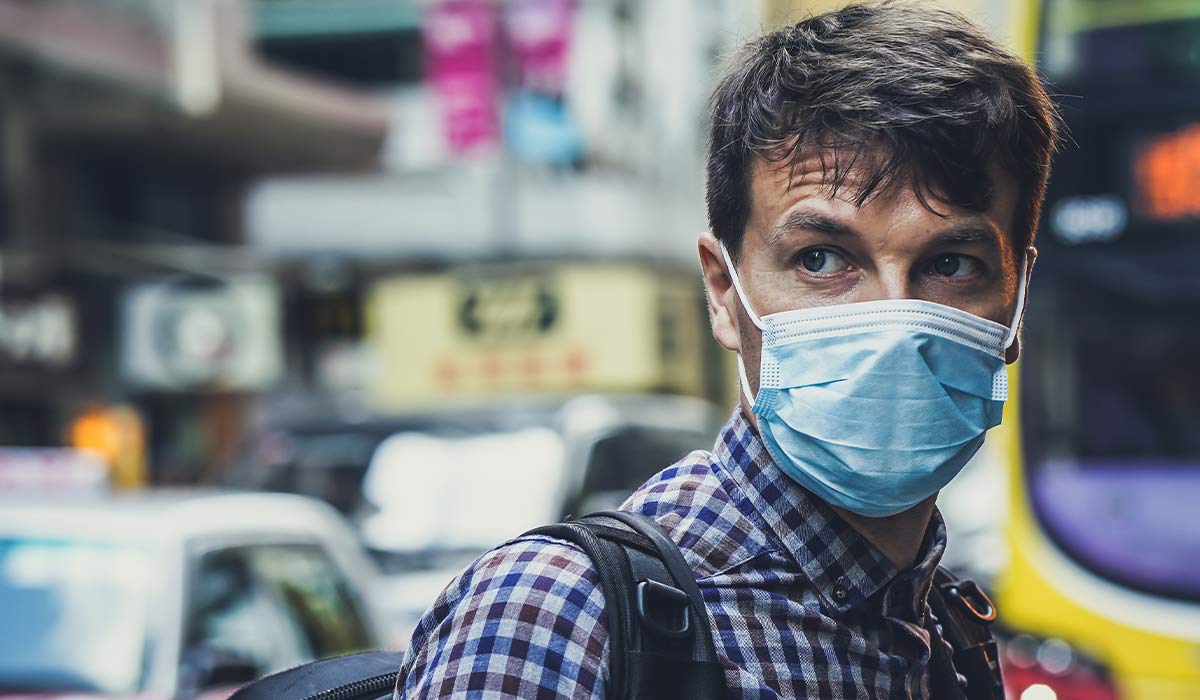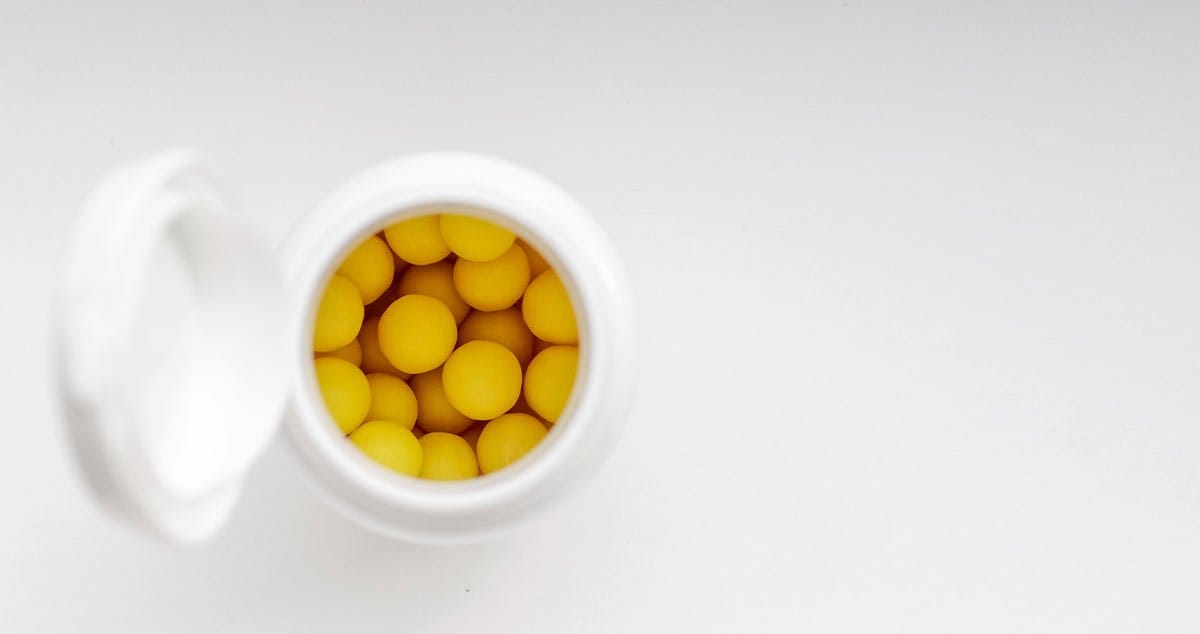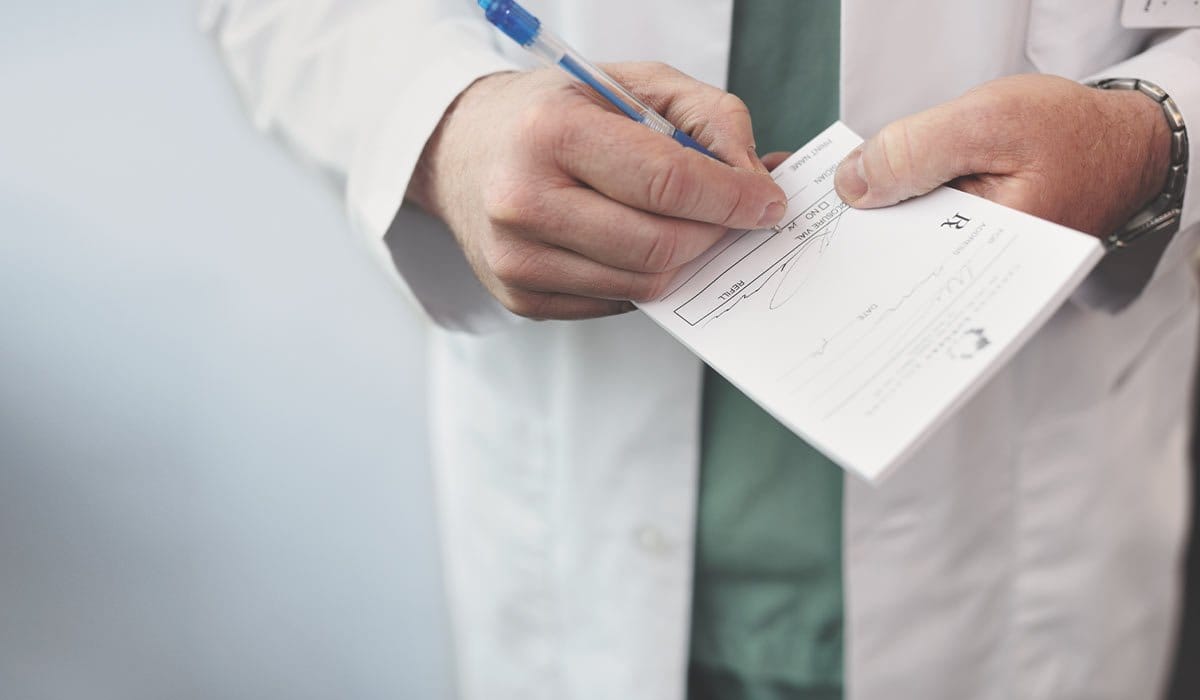Drug addiction is not only dangerous for the person who is struggling with it, but for those around them. It can be challenging to understand and deal with someone who is addicted to drugs – especially if you’re not confident that they’re dealing with a drug problem. Because of the way that many struggling addicts cover up their problem, it can be tough to tell whether or not they’re using drugs. This article aims to explain how you can determine whether or not someone is actually using drugs.
What Does a Drug Addict Look Like?
One of the hardest things about identifying a drug addict is that there’s not always a sure-fire way to tell if someone’s a drug addict based on their appearance. Some people, such as drug counselors or ex-addicts themselves, may be able to identify users based on their mannerisms and appearance, but the average individual might not be able to. In some cases, it’s easy to tell that someone’s addicted to drugs by merely observing them – but usually, by this phase, there won’t be much question as to whether or not they are using. Serious drug addicts often display physical attributes, such as:
- Scars on the face or arms, track marks, frequent bleeding scabs
- Heavy bags under the eyes, sunken eyes, bloodshot or watery eyes
- Very pale skin
- Huge pupils (for those who use stimulants) or extremely constricted “pinpoint” pupils (for those who use opioids)
- Erratic movements, or otherwise incredibly slow movements
There are lots of reasons that the above issues are not enough to identify someone as a drug user, though. First off, there are several reasons that these issues could apply to the average individual: someone with eczema, for example, may have bloody or scabbed skin; someone who is overworked may have sunken eyes. Furthermore, many drug addicts are aware of these telling symptoms and work hard to cover them up. Some common cover-ups that drug addicts use to hide these symptoms can also be used to identify their addiction.
- Wearing long-sleeved shirts, even during sweltering weather, to cover up track-marks and scabs
- Excessive use of heavy makeup and cover up to hide pale skin and bags under the eyes
- Frequently wearing sunglasses inside or when the weather does not warrant them to hide their pupils
Again, these things are often not enough to identify a drug addict on their own. The surest way to determine whether or not someone is using is to identify some physical attributes, such as those listed above, in conjunction with typical drug addict behavior. 
How Do Drug Addicts Behave?
There are a lot of behaviors that can indicate someone is using drugs. Many of these behaviors can be identified relatively quickly, though the addict often concocts excuses as to why they are behaving a certain way. Different drugs will cause different behaviors. Common behaviors and excuses used to cover up a symptom of addiction are listed here
- Falling asleep or ‘nodding off’ during activity or conversation – commonly excused as simply being over-tired. Unless the individual struggles with narcolepsy, it’s unlikely that anyone would be so tired that they’d fall asleep during conversation.
- Their eating habits may change significantly. Some drug users may not eat food for days at a time, saying that they’re not hungry. Even if this is not related to drug use, this is an unhealthy habit that should be addressed.
- Excessive stimulation, jitteriness, and staying up at late hours. Commonly excused as having drunk too much coffee. If you don’t see the addict ever drink coffee, then this could suggest that they are using other substances.
- Emotional problems – addicts are often more prone to depression, angry outbursts, irritability, or apathy. All of these issues can be a sign of other mental health issues and should be treated carefully.
- Being ‘sick’ all the time or displaying withdrawal symptoms. If someone becomes sick every time they take a trip away from home, this could indicate that they are going through withdrawal symptoms because they’re not able to score. Withdrawal symptoms can include:
- Watery eyes or runny eyes
- Runny nose, congestion
- Shivers, shaking, temperature problems (constantly sweating or being cold)
- Nausea and vomiting
- Extreme anxiety, apathy, or lack of emotional stability
- Going out for short intervals several times a day and returning in a different state of mind shortly after. Addicts often come up with plenty of excuses about why they need to leave the house several times a day, only to return shortly after – going to “meet a friend” is often a common excuse to go see a dealer.
- They may suddenly stop taking their appearance into account, neglecting to comb their hair, change their clothes or take showers
- Frequently missing appointments, deadlines, or days at school or work
- Spending more money than they can account for or have agreed to spend it on. This can be a very telling sign. If hundreds of dollars are unaccountable every month, then it’s likely going to an untaxed source – such as a drug dealer.
- Spending days or weeks away from home on unplanned excursions.
- Dishonesty, ‘bending the truth,’ or lying about what they are doing or where they have been.
These signs and symptoms may or may not be present at the beginning of someone’s addiction, and tend to get more serious as the addiction gets more serious.
Other Signs that Someone is Using Drugs
In addition to their behavior and appearance, there can be some other telling signs that someone is using drugs.
- Frequent trips to the bathroom to use drugs. This can be especially indicative of a drug problem if someone goes into the bathroom in the morning feeling ‘under-the-weather’ and emerges with a lot more energy and pep.
- Finding drug paraphernalia throughout their room or in their garbage: things like needles and tinfoil are obvious indicators, but small pieces of plastic wrap with powder in them (known as spitties) or small squares of paper folded into rectangles (known as flaps) can also indicate that someone is using drugs.
- Noticing that they have suddenly stopped hanging out with their old friends. They may suddenly avoid socializing or they may begin hanging out with a ‘bad crowd.’
What to Do if Someone is Addicted to Drugs
If you suspect that someone that you love or care about is addicted to drugs, then it’s important to address the issue appropriately. The worst thing that you can do is accuse them outright of using drugs. In most cases, drug addicts will be defensive about their problem already. Accusing them could lead to denial, aggressiveness, or arguments. The best thing to do is to approach them using kindness and compassion. Explain that you’re upset that you haven’t been able to connect with them as well, that you’re worried that you can’t spend time with them, or that you feel things haven’t been the same in recent times. Unfortunately, a drug addict who is hiding their problem is usually very determined to do so. In most cases, the addict has to realize that their problem is negatively influencing their life before they decide to stop using. Approaching them properly can help them realize this. It is more likely that you will get through them if you are genuine about your sadness or concern – getting angry with them will likely cause them to retreat further. If you do refer to the addiction, make sure that you are adamant in being non-judgmental so they feel like they can be honest with you. If applicable, let them know that you have been in similar situations in the past or have known people who have gone down a similar road.
Rehab and Detox
If you can get through to the drug addict and find that they are concerned about their addiction, you can move onto the next step. One of the best ways to help an addict recover is to encourage them to go to a rehabilitation program. The more willing an addict is to go to rehab, the more effective the program will be. An addict needs to be ready to look deep within themselves, identify the problems or issues that have led to them using drugs in the first place, and make an effort to work through these problems if the rehab is going to be effective. If the addict has been using a drug that causes withdrawal, such as heroin or alcohol, it could be wise to get them into a medically supervised detox phase. Withdrawal from GABAergic drugs, like alcohol and benzodiazepines, can be fatal if not dealt with properly. After the withdrawal and rehab phase, the most important thing that you can do is help them find alternatives to their past lifestyle. Boredom is one of the leading causes of relapse, so it’s important to help them find hobbies and activities that they find enjoyable and to help them find a supportive social group.
In Conclusion
Drug addiction is a complicated problem to be around, and it can be difficult actually to identify whether or not someone is addicted to drugs. If you have concluded that someone you love and care about is addicted to drugs, it’s important that you approach them properly and help them get into a rehabilitative program. Call Stepping Stone Center for Recovery at (866) 957-7298 for help.










